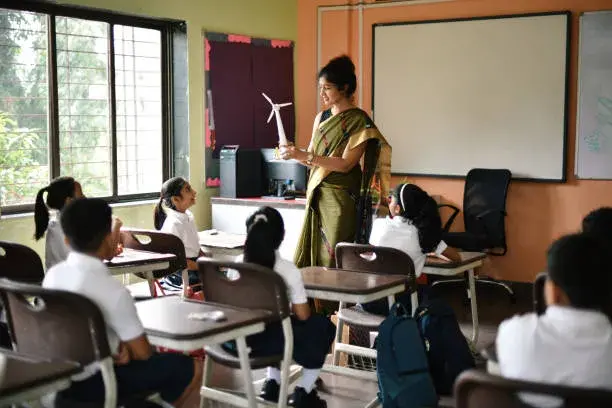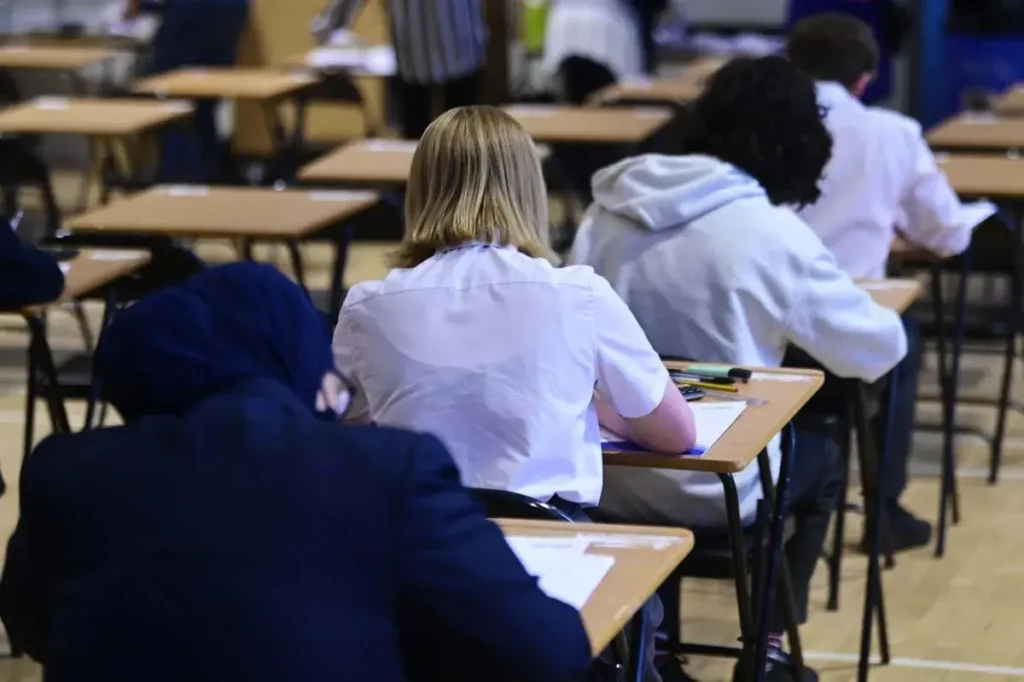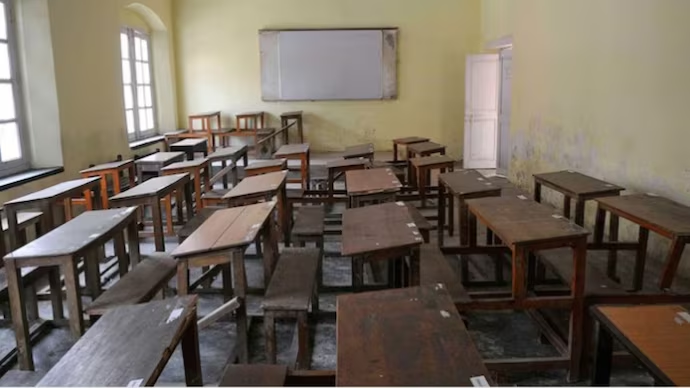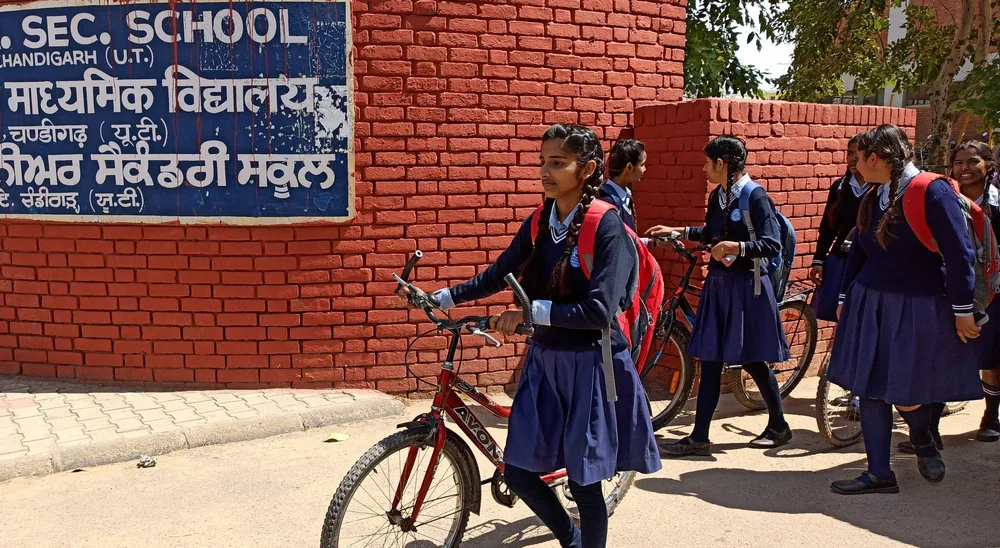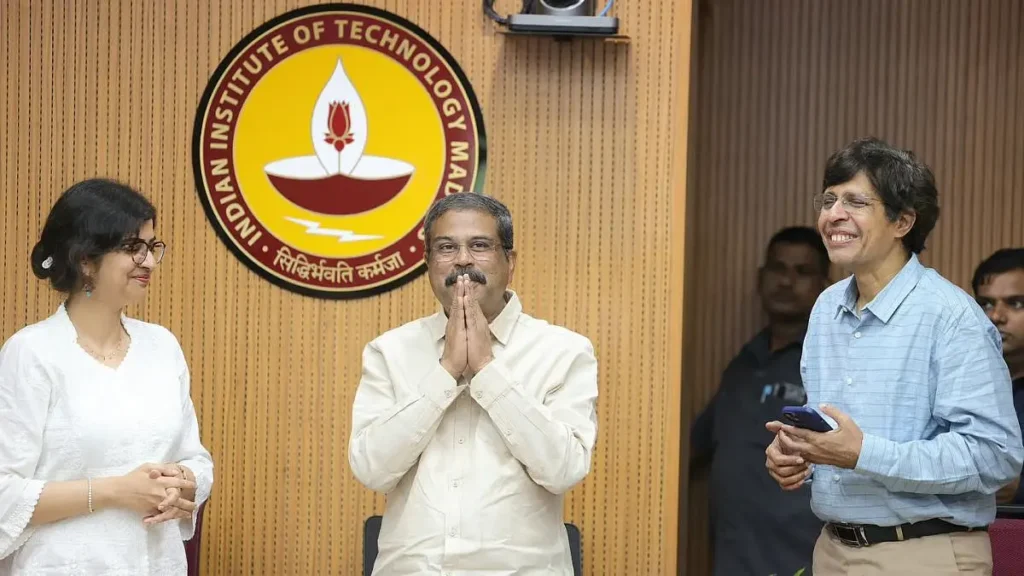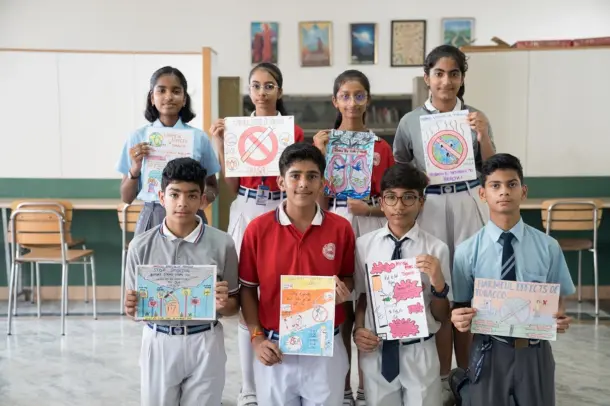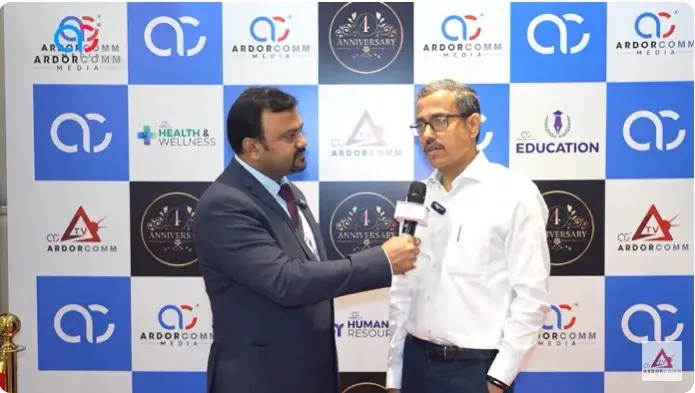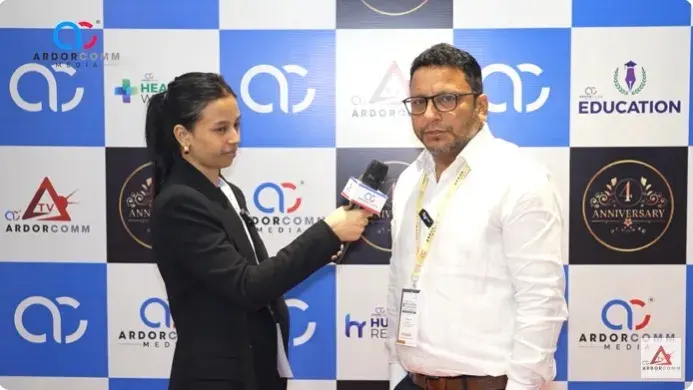Delhi Govt to Digitally Map and Assess Infrastructure, Safety of 1,000+ Schools
In a major push towards data-driven infrastructure planning, the Delhi government is set to launch a comprehensive project to digitally profile over 1,000 government schools across the city. The initiative will evaluate infrastructure quality, safety standards, and structural stability using advanced technologies such as drone mapping, 360-degree imaging, and AI-based analytics. According to an official document, the project will cover 1,086 schools spread across 799 buildings, each of which will receive a detailed digital profile capturing information on facilities, assets, and their current condition. The initiative aims to centralize all infrastructure-related information, making it easier for the government to identify gaps, prioritize repairs, and plan future upgrades effectively. The selected implementing agency will deploy high-resolution drone surveys and on-site 360° documentation, with real-time data uploading through a web-based application. This application will feature GPS tagging, automated analytical reporting, data validation, and role-based access controls. The system will benchmark infrastructure against standards set by bodies like the Central Board of Secondary Education (CBSE) and the National Disaster Management Authority (NDMA). Officials said the platform will not only streamline maintenance and planning but also enhance safety preparedness. The survey will assess various school assets—classrooms, furniture, electrical fittings, toilets, laboratories, and sports facilities—categorizing them as “good,” “minor repair,” “major repair,” or “replacement needed.” Additionally, the agency will evaluate the structural stability of all school buildings through both visual inspections and non-destructive testing methods, such as rebound hammer and ultrasonic pulse velocity tests, under expert supervision. Reports of schools identified as structurally weak or in need of major repairs will be reviewed by technical experts from premier institutions like IITs and NITs, ensuring credible and science-backed recommendations for repair, retrofitting, or demolition if required. Once completed, the initiative will create a first-of-its-kind comprehensive digital inventory of Delhi’s school infrastructure—enabling better policy formulation, timely interventions, and the creation of safer, more resilient learning environments for students. Source: PTI
Delhi Govt to Digitally Map and Assess Infrastructure, Safety of 1,000+ Schools Read More »

